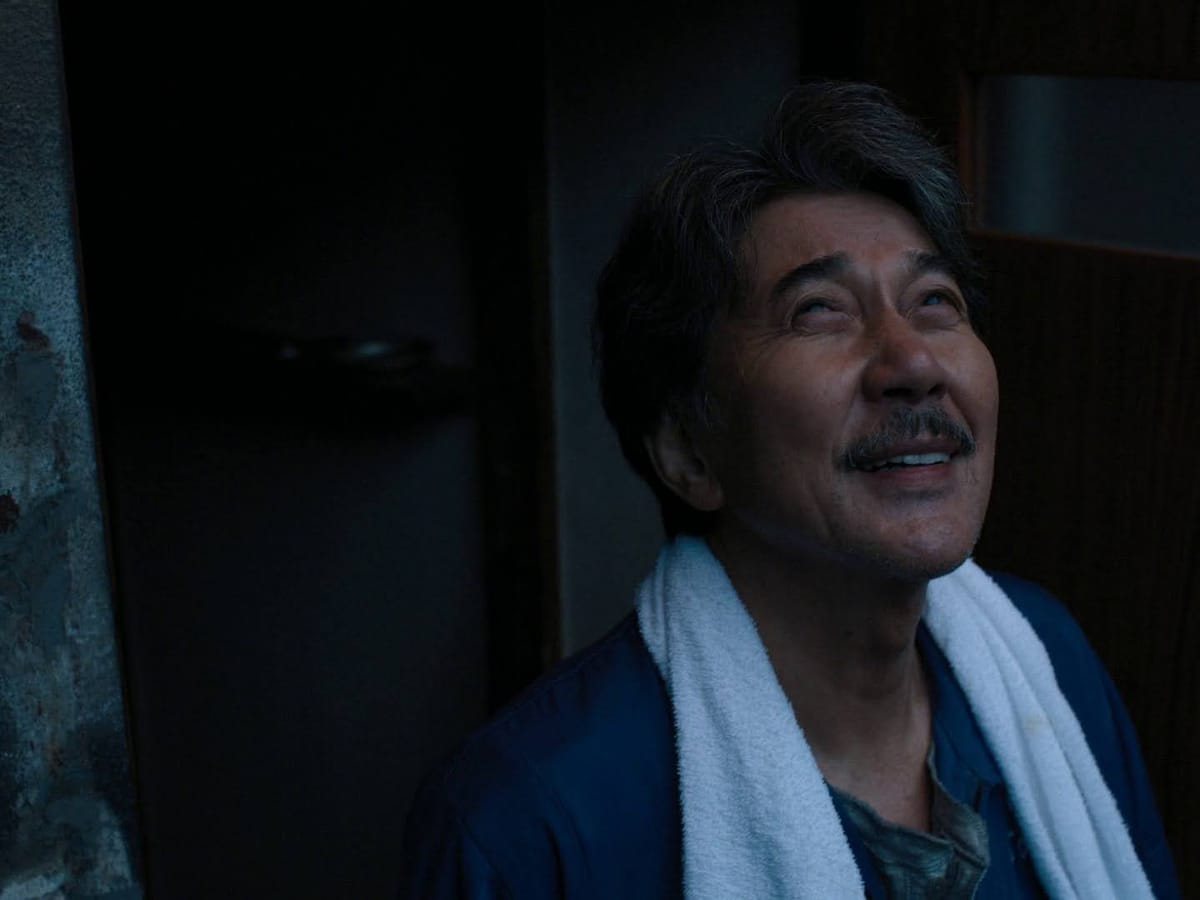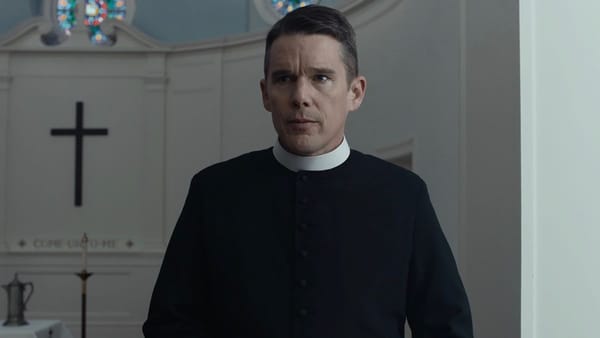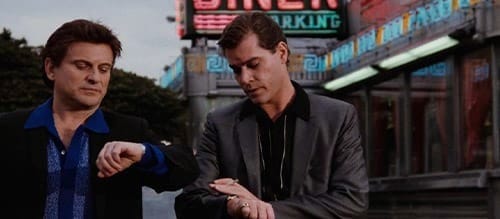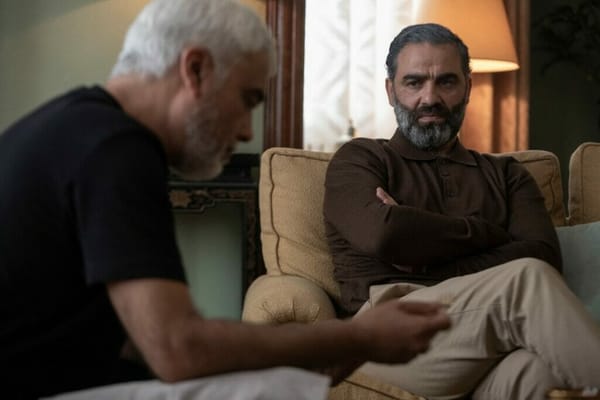The poetry of ordinary days.

PERFECT DAYS is the kind of film that looks simple on the surface — deceptively simple — but operates with a level of honesty most films wouldn’t dare attempt. It’s slow, quiet, repetitive, almost ascetic. But that minimalism isn’t aesthetic posturing. It’s the point. Wim Wenders isn’t trying to dazzle anyone. He’s stripping life down to routine, light, work, and private ritual to see what remains.
The film follows Hirayama, a Tokyo toilet cleaner whose life seems, at first glance, unbearably ordinary. No ambitions. No confessions. No big speeches. Just a man waking up early, tending to plants, cleaning public washrooms, eating modest meals, listening to his tapes, reading used books, photographing trees, sleeping, and repeating. It’s easy to mistake this for romanticization — the fetishization of “simple living.” But Wenders and Kōji Yakusho refuse to let the film fall into that trap.
Hirayama’s world isn’t presented as a lesson in Zen minimalism. It’s presented as what it is: a life with structure, solitude, quiet dignity, and private pain. His routines aren’t aesthetic choices. They’re coping mechanisms. Acts of control in a life where control has been stripped away long before we meet him.
Yakusho’s performance is the gravity field holding everything together. He plays Hirayama with an emotional opacity that feels completely natural. He doesn’t emote for the audience. He doesn’t “reveal” himself in convenient monologues. Everything we learn — everything that truly matters — comes from side glances, microexpressions, pauses, and the rhythm of his day. Most actors fear silence. Yakusho thrives in it.
Wenders films Tokyo with an outsider’s wonder, yes, but not with the fetishistic glaze Western directors often apply. Instead of neon excess or tourist postcards, he focuses on the unnoticed: shadows on concrete, the geometry of bathrooms, park benches, workers on breaks, vending machines humming at dusk, the worn textures of a city that rarely slows down. The cinematography gives Hirayama’s world weight without pretending it’s profound.
This is where the film quietly challenges the viewer. It refuses to hand you a meaning. It refuses to decode Hirayama for you. It refuses to moralize his lifestyle. You’re forced to sit with the possibility that his life is neither tragic nor inspirational — that it simply is. And that maybe that’s enough.
The film’s emotional center emerges gradually, almost reluctantly, when Hirayama’s past intrudes. A runaway niece. A confrontation with the life he left behind. A glimpse of the person he used to be — privileged, pressured, suffocated by expectations. Suddenly the routines make sense. The withdrawal makes sense. The refusal to re-enter that world makes sense. Hirayama didn’t descend into simplicity; he escaped into it.
But even then, Wenders doesn’t reward the audience with closure. Hirayama doesn’t “heal.” He doesn’t “reconcile.” He simply returns to his work, his tapes, the trees he loves, the quiet he has fought to preserve. What changes is microscopic, internal, ambiguous — the kind of shift most films would avoid because they can’t quantify it.
The soundtrack — Lou Reed, Patti Smith, The Animals, Van Morrison — isn’t nostalgic quirk. It’s character development. Hirayama connects to music that grounds him, music from a world he never fully belonged to but somehow understands. It’s a private emotional life built on mixtapes and memory.
The ending is one of the most honest final scenes in years. Hirayama, driving his tiny van, tears welling up, smiling and hurting at the same time, caught between presence and memory, between contentment and grief. It’s not catharsis. It’s not revelation. It’s simply a man feeling something too big to articulate — and letting it exist.
This is the anti-epiphany film. No arc in the Hollywood sense. No moral. No transformation that can be charted on a whiteboard.
Just a deeply human story about a man who chose a small life and made it meaningful in ways others overlook — not because he is enlightened, but because it’s all he has left.
PERFECT DAYS isn’t inspirational. It isn’t depressing. It isn’t uplifting. It isn’t bleak.
It’s real. It's meditative. And in a film landscape obsessed with extremes, that honesty and deep thought makes it stand out more than any stylistic flourish ever could.




